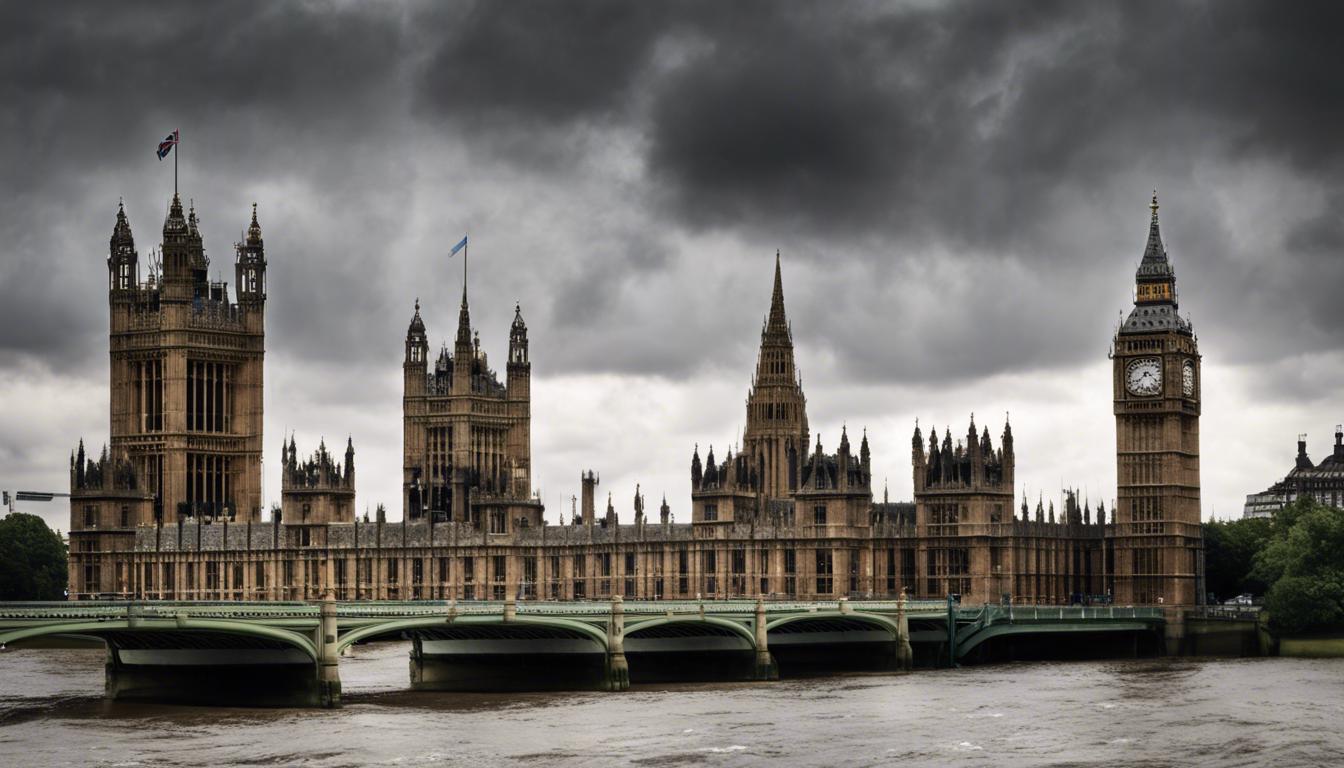The UK’s Parliamentary and Health Service Ombudsman seeks Parliamentary action over the Department for Work and Pensions’ failings in notifying women of state pension age changes, amid broader concerns over privacy and fraud prevention measures.
The UK’s Parliamentary and Health Service Ombudsman has taken the highly unusual step of asking for Parliament’s intervention over complaints related to the communication of state pension changes by the Department for Work and Pensions (DWP) since 1995. Central to the contention is the accusation that the DWP failed to adequately inform women born after April 6, 1950, of the increase in their state pension age, leaving many feeling blindsided by the changes that directly impacted their retirement plans.
In order to address the grievances of those adversely affected, the Ombudsman has recommended that Parliament establish a compensation scheme, with proposed payouts ranging between £1,000 and £2,950. The Women Against State Pension Inequality (Waspi) group has advocated for a higher level of compensation. The issue has also drawn attention to the broader challenges the DWP faces in providing timely and accurate information to the public, highlighting concerns over its capability to remedy the situation effectively without legislative intervention.
Furthermore, the Parliamentary and Health Service Ombudsman’s report indicates that the DWP has not yet acknowledged its failures or offered amends for the impacts on the affected women’s financial security and personal autonomy. This lack of response has led to calls for the DWP to not only recognize its shortcomings but also to apologize and compensate those impacted, with estimated costs potentially ranging from £3.5 billion to £10.5 billion.
In parallel, concerns have been raised regarding new government measures aimed at combating fraud within the state pension system. The Data Protection and Digital Information Bill, which is currently undergoing parliamentary scrutiny, has sparked worries among the elderly population about potential invasions of privacy, specifically regarding the surveillance of bank accounts. Despite assurances from Work and Pensions Secretary Mel Stride that the Bill aims to target fraud and error without invasive monitoring of individual spending habits, pensioner advocacy groups like Silver Voices for the over-60s have called for pensioners to be exempt from the Bill’s provisions, citing a disproportionate impact on this demographic.
The government maintains that these measures are essential for reducing fraud and error within the welfare system. However, this stance has faced opposition, with over 14,000 people signing a petition against the Bill, illustrating the significant public concern over privacy rights and the need for a balanced approach to fraud prevention.
The events underscore the tensions between government measures aimed at securing the welfare system against misuse and the imperative to respect individual privacy and rights, along with the necessity for clear communication and accountability in administrative actions that significantly affect public livelihood.













